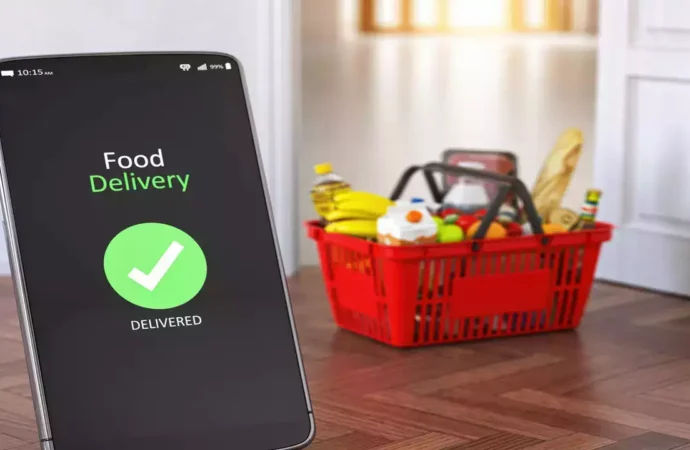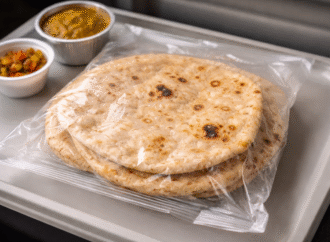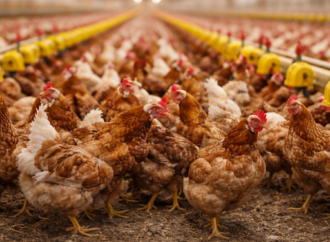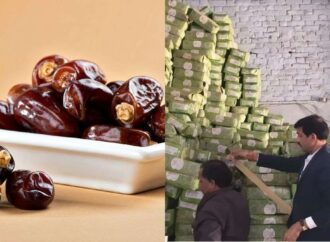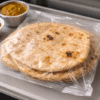Overview
Food delivery apps in India, including Zomato and Swiggy, are racing to deliver meals in under 10 minutes, responding to the growing demand for rapid service. At least five companies, including Zomato’s Blinkit and Zepto Cafe, are competing to meet the needs of impatient consumers, offering everything from biryani to beverages.
Varied Approaches: In-House Kitchens vs. Partnerships
Zomato and Zepto use in-house kitchens for quick preparation, while Swiggy partners with restaurant chains like Starbucks and McDonald’s. Technology has reshaped the delivery landscape, with startups tapping into the smartphone-savvy, urban population’s craving for instant gratification. These platforms are offering ultra-fast deliveries that outpace global counterparts, delivering everything from eggs to electronics.
Changing Consumer Behavior
Quick commerce has made consumers more impulsive buyers, says Karan Taurani of Elara Securities. The rise of fast food delivery services has contributed to the growing popularity of platforms like Zomato and Swiggy, turning them into stock market darlings, with Zomato’s stock jumping 133% this year alone.
Market Potential
India’s online food delivery market is expected to more than double to $15 billion by 2029. With just 11% of the market currently penetrated, compared to 40% in China and 58% in the US, analysts see rapid delivery as a major growth opportunity. Zepto, which pioneered 10-minute deliveries in 2022, is adding 100 cafes a month and processing 30,000 orders daily.
Health Concerns, Quality Assurance and Challenges
Despite concerns over unhealthy processed food, companies like Zomato and Zepto assure customers that they maintain high food quality standards. Zomato emphasized that they don’t use microwaved frozen food and prepare fresh meals from scratch, while Zepto ensures quality through strict hygiene protocols and staff training. Maintaining rapid delivery on busy Indian roads presents challenges. However, Swiggy, which operates Bolt in over 400 cities, remains optimistic about the future of fast food delivery, with CEO Rohit Kapoor calling it a “big bet.”
Conclusion
India’s 10-minute food delivery race is transforming the food industry, driven by speed and innovation. While companies race to satisfy consumer demand for quick service, they must balance speed with quality, hygiene, and sustainability to ensure long-term success.
Source: NDTV
 Food Manifest
Food Manifest 